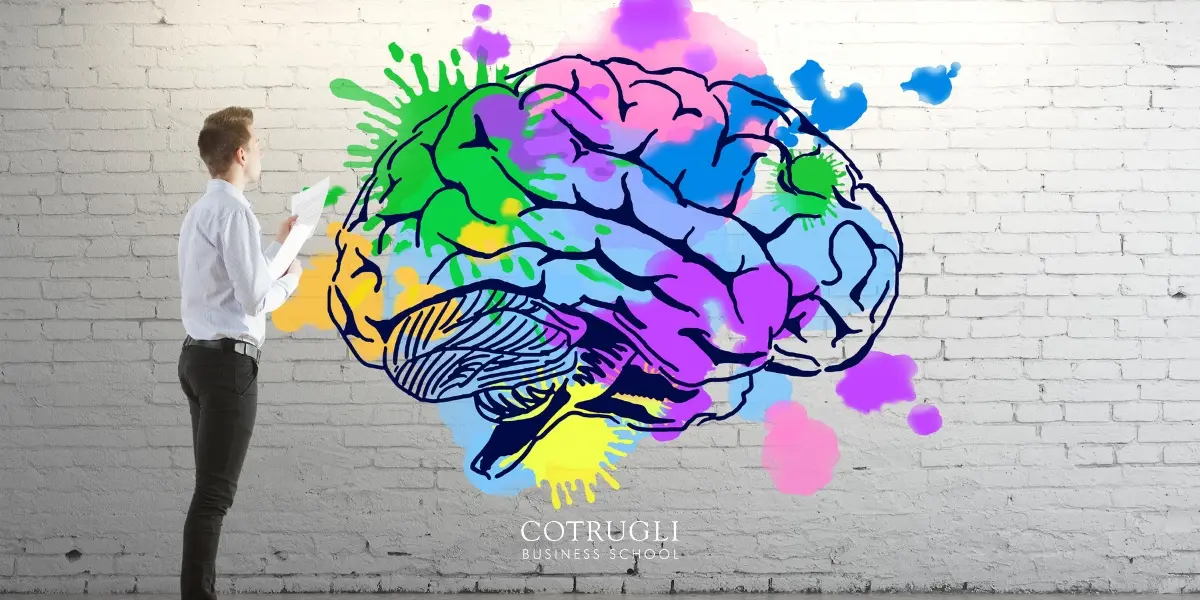The Mind as the Canvas of Life
Last week, we explored how to befriend the mind and avoid dwelling in past regrets or future worries. Everything we do or achieve begins in the mind. It serves as the canvas for our thoughts and intentions. However, our mind alone is not enough. Without the intellect, we would lack the capacity to evaluate and act wisely.
Understanding the Power of the Intellect
The mind generates thoughts—images, ideas, goals, and concepts. But the intellect discerns which of those thoughts are worth acting upon. If the mind is like a screen displaying possibilities, then the intellect is the “eye” that watches, assesses, and decides.
Unlike animals, human beings can reflect, evaluate, and refine ideas. This isn’t about academic intelligence. It’s about discernment, creativity, and the ability to simplify complex problems. Our greatest intellectual gift may be the ability to return complexity to its essence.
When the Intellect Goes Dormant
Many people neglect the intellect. When we blindly follow others or avoid decision-making, our intellect weakens. If we continually ignore it, it becomes dormant—entering what we might call “hibernation mode.”
A key sign of this is habitual behavior, especially when it harms our mental or physical health. Habits bypass the intellect. The decision-making part of us—the pilot—goes offline, and autopilot takes over. The more we rely on habits, the sleepier our intellect becomes.
Sometimes, only a crisis or conflict jolts the intellect awake again. Unfortunately, traditional education often fails to develop the intellect. It teaches memorization, not discernment.
Two Modes of the Intellect: Rational and Intuitive
We use our intellect in two ways: through rational thinking and intuitive insight.
Imagine your consciousness as a transparent sphere. The surface is your mind, the center is your heart, and a movable eye—the intellect—connects the two. You, the aware self, can move the intellect to the surface to think through problems or to the center to access intuitive feelings.
When facing practical decisions—like organizing a room or planning an event—you move your intellect to the surface. You generate and evaluate thoughts rationally.
But for deeper matters—emotions, values, relationships—you quiet the mind and let the intellect rest near the heart. From this space, intuition speaks. You may not hear logical reasons, but you “feel” what is right.
Practical Application of the Rational Intellect
For everyday tasks, the intellect helps us organize, plan, and problem-solve. Take, for example, preparing a room for a speaker. How many chairs are needed? Where should they go? Who will welcome the guests?
The intellect works with the mind to process suggestions, create ideas, assess their quality, and make practical choices. It evaluates inputs, filters distractions, and guides you toward the best outcome.
Practical Application of the Intuitive Intellect
Now imagine you’re feeling anger in a relationship. You’re unsure why. Rational thinking might not help. Instead, you bring your attention inward.
You sit quietly, hold the feeling in your awareness, and let the heart offer insight. In time, you realize the anger stems from trying to control someone. You see the false belief that others must behave as you expect. This subtle inner clarity comes from intuitive understanding, not logic.
The refined intellect can translate these feelings into meaningful decisions—even if they defy explanation.
Mind, Intellect, and Heart: A Unified System
The mind is our interface between the outer world of doing and the inner world of being. It receives external inputs and broadcasts internal thoughts. But the intellect decides what’s valuable. The heart adds depth, guiding us through subtle emotions and values.
Together, they form the tools of consciousness. Meditation helps us understand and harmonize this trio—allowing the intellect to awaken and support conscious living.
If we ignore these faculties, we risk letting others shape our lives. If the intellect stays asleep, we may not even realize it.
Reflective Practice
Question: What are three habits that show your intellect is often asleep?
Reflection: What’s the difference between a thought and a feeling?
Action: Each morning this week, take five minutes to sit quietly. Think about the decisions you’ll face that day. Visualize each one on your mental screen. Look at them with your intellect—not with judgment, but with clarity. See if any of them evoke a feeling from within. That’s your intuitive guide.
Written by our professor Mike George.







